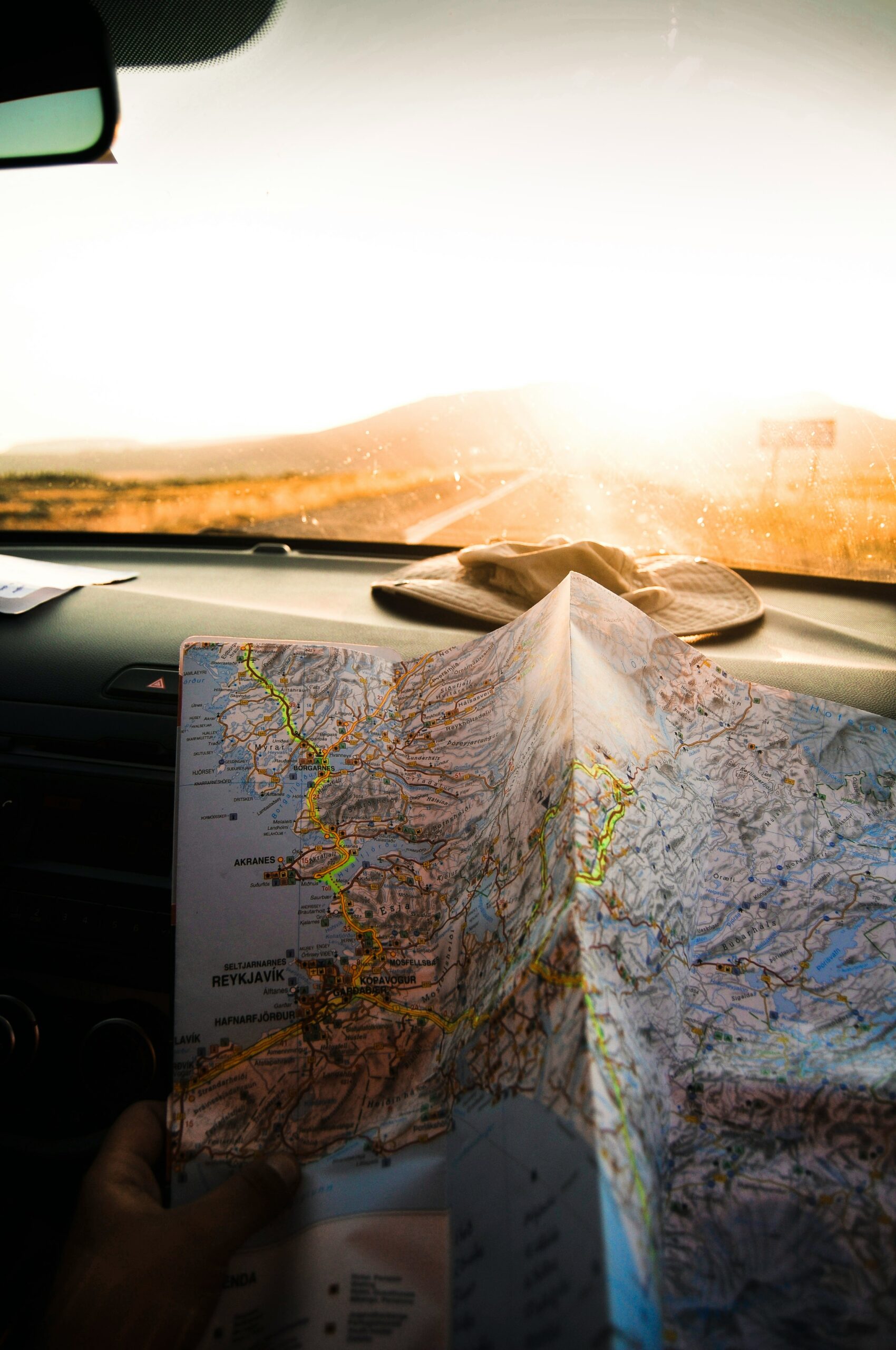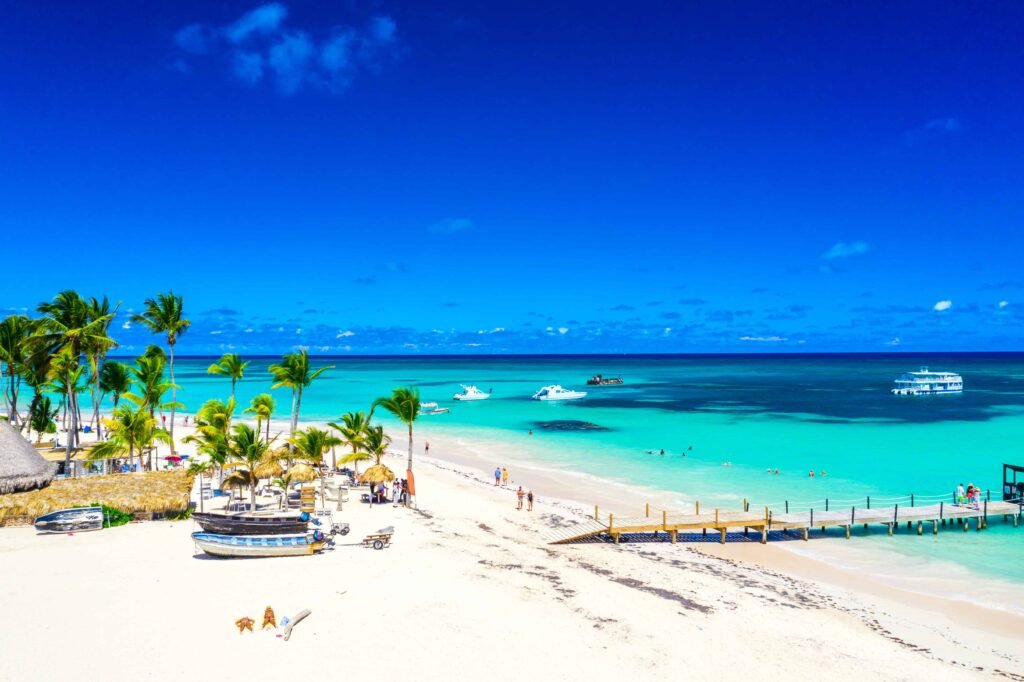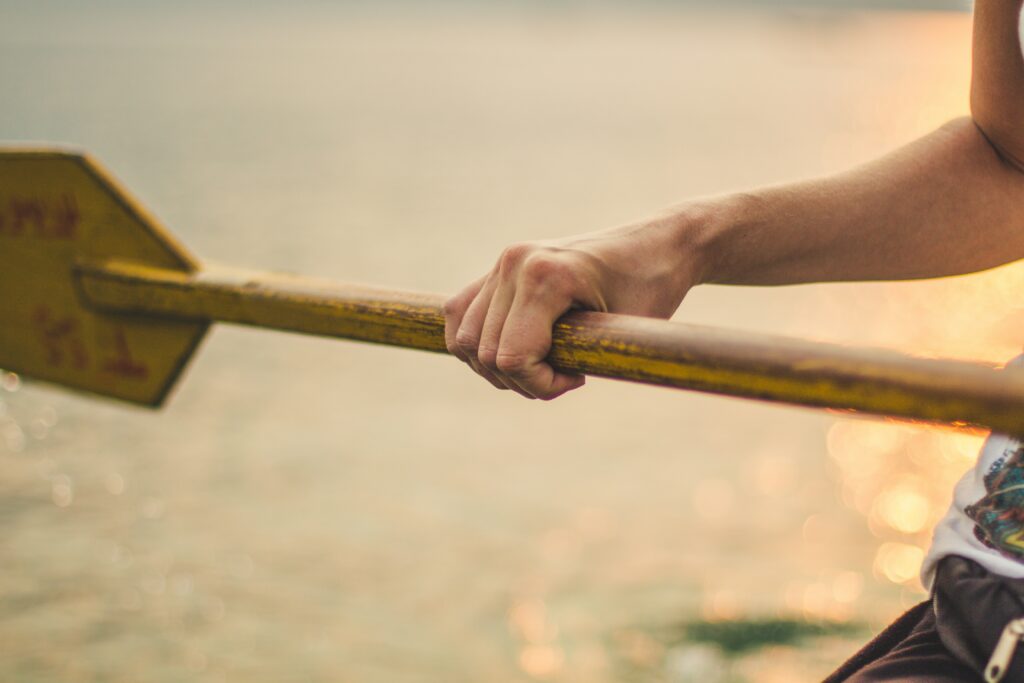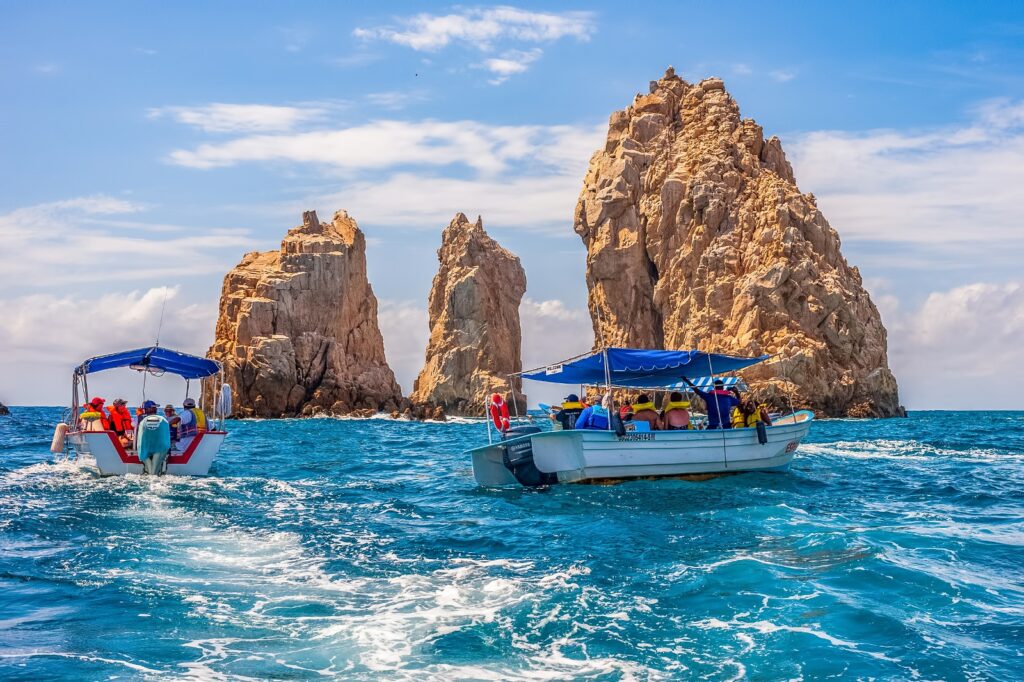
Preparing for Your Journey
A smooth and safe journey starts with thorough preparation. This involves researching your destination and organizing all necessary documents.
Research Your Destination
Before embarking on your trip, it’s crucial to gather ample information about your destination. Understanding local customs, laws, and security conditions can significantly enhance your travel safety.
| Checklist | Details |
|---|---|
| Local Laws | Familiarize yourself with laws and regulations to avoid legal trouble. |
| Safety Conditions | Review safety advisories and recent incidents in the area. |
| Health Risks | Identify any prevalent diseases and vaccinations needed. |
| Climate | Check the weather to pack appropriate clothing. |
| Cultural Norms | Learn about the culture to show respect and prevent misunderstandings. |
| Emergency Services | Locate nearest hospitals, police stations, and embassies. |
Exploring resources on safest countries to visit and safe travel destinations can provide valuable insights specific to your trip.
Organize Your Documents
Having all necessary travel documents ready and accessible is vital for a hassle-free journey. Ensure that you have valid identification, travel permits, and any other required paperwork.
| Document | Description |
|---|---|
| Passport | Must be valid for at least six months beyond the travel date. |
| Visa | Check if a visa is required for entry to your destination. |
| Travel Insurance | Ensure it covers health, trip cancellations, and emergencies. |
| Emergency Contact Info | List of contacts including local embassies and family members. |
| Health Documents | Vaccination records and prescription information. |
| Itinerary | Detailed travel plans including flight details, accommodations, and activities. |
Remember to make photocopies or digital copies of critical documents and store them separately from the originals. This can be immensely helpful if documents are lost or stolen.
By diligent research and careful organization of documents, travelers can embark on their journeys with confidence, knowing that they have taken essential steps to ensure their safety and well-being. For more details on ensuring a safe travel experience, check out our guides on safe travel destinations and safest vacation spots.
Packing Wisely
One of the most important aspects of ensuring a safe and smooth journey is to pack wisely. This involves choosing the right items to bring and securing your belongings effectively to prevent loss or theft.
Essential Items to Pack
When packing for your trip, it’s essential to bring items that will keep you safe and comfortable. Below is a list of crucial items you should consider:
- First Aid Kit: Basic medical supplies for minor injuries.
- Important Documents: Passport, identification, visas, and medical insurance.
- Emergency Contacts: Written down, not just stored in your phone.
- Money and Credit Cards: Diversify where you keep your money.
- Travel Insurance Information: Details of your coverage.
- Medications: Any prescription drugs you may need, in their original containers.
- Personal Hygiene Items: Hand sanitizer, wet wipes, and toiletries.
- Appropriate Clothing: Suitable for the climate of your destination.
- Travel Guidebook/Maps: In case you lose internet access.
Here is a table summarizing some key items and their purposes:
| Item | Purpose |
|---|---|
| First Aid Kit | Basic medical care |
| Important Documents | Identification and legal requirements |
| Emergency Contacts | Quick access in case of issues |
| Money and Credit Cards | Financial security |
| Travel Insurance Info | Coverage details for emergencies |
| Medications | Health maintenance |
| Personal Hygiene Items | Cleanliness and comfort |
| Appropriate Clothing | Suitability for climate |
| Travel Guidebook/Maps | Navigation help |
Securing Your Belongings
Keeping your belongings secure is vital to avoid theft or loss while traveling. Here are some tips for securing your items:
- Use a Money Belt or Hidden Pouch: Store valuable items close to your body.
- Lock Your Bags: Use TSA-approved locks on your luggage.
- Hotel Safe: Utilize the safe in your hotel room for valuable documents and items.
- Separate Your Valuables: Do not keep all your money and cards in one place.
- Be Mindful of Your Surroundings: Stay alert in crowded places.
- Use Anti-Theft Bags: These often have lockable zippers and cut-resistant straps.
Implementing these practices can greatly reduce the risk of losing important items during your trip.
For more information on safe travel destinations, check out our articles on safest countries to visit and safe travel destinations. Keep these travel safety tips in mind to ensure a smooth and enjoyable journey.
Staying Safe While Traveling
Ensuring a smooth and secure journey requires a focus on safety during various phases of travel. This section covers important tips to keep in mind while using transportation and staying at your accommodations.
Transportation Safety Tips
Transportation can be one of the most unpredictable aspects of travel. Travelers can safeguard their journeys by following some fundamental safety measures:
Public Transportation Safety
- Always keep your personal belongings secure and within sight.
- Avoid traveling alone late at night.
- Familiarize yourself with local transportation safety norms.
Private Transportation Safety
- Verify the credentials of taxis or rideshare services before entering.
- Always wear a seatbelt.
- Share your ride details with someone you trust.
Walking Safety
- Stay in well-lit areas.
- Be vigilant of your surroundings.
- Avoid using headphones or being distracted by your phone.
Table: Common Transportation Safety Tips
| Mode of Transport | Safety Tips |
|---|---|
| Public Transport | Keep belongings secure, avoid late-night travel |
| Private Transport | Verify driver credentials, always wear seatbelt |
| Walking | Stay in well-lit areas, be vigilant |
For more recommendations on secure destinations, explore our articles on the safest countries to visit and safe travel destinations.
Hotel and Accommodation Safety
Maintaining safety within your lodging is crucial for an enjoyable trip. Here are some tips to consider:
Choosing Accommodations
- Opt for reputable hotels or rental services with good reviews.
- Check for safety features such as smoke detectors and security personnel.
In-Room Safety
- Use the room’s safe to store valuables.
- Keep the door locked using all available locks.
- Familiarize yourself with the fire escape routes.
Interacting with Hotel Staff
- Do not disclose your room number loudly.
- Verify the identity of anyone claiming to be hotel staff before opening your door.
Table: Accommodation Safety Tips
| Safety Measures | Tips |
|---|---|
| Choosing Accommodations | Reputable services, safety features |
| In-Room Safety | Use the safe, keep the door locked |
| Interacting with Staff | Do not disclose room number, verify identities |
For additional tips and advice, refer to our article on safest vacation spots.
By adhering to these travel safety tips, travelers can significantly reduce risks and ensure a secure and enjoyable journey.
Interacting with Locals
Engaging with locals is a key part of any travel experience. It not only enhances your understanding of the destination but also makes your journey more enriching and memorable. However, exercising cultural sensitivity and effective communication is vital for ensuring respectful and meaningful interactions.
Cultural Sensitivity
Being culturally sensitive is essential when interacting with locals in a foreign country. Understanding and respecting the customs and traditions of your destination can help you avoid misunderstandings and show respect.
Some key aspects to consider:
- Dress Appropriately: Depending on the cultural norms of the destination, dressing modestly might be required.
- Understanding Social Etiquette: This can include greetings, gestures, and table manners. Before your trip, research the cultural dos and don’ts.
- Respect Religious Practices: Be aware of local religious practices and be respectful, especially when visiting religious sites.
Tables can be helpful in summarizing cultural norms:
| Aspect | Example |
|---|---|
| Dress Code | In some countries, covering shoulders and knees is expected. |
| Greetings | In Japan, bowing is a common form of greeting. |
| Dining Etiquette | In India, eating with the right hand is customary. |
For information on the safest countries to visit, having knowledge about cultural sensitivity can enhance your travel experience.
Communication Tips
Effective communication with locals can enhance your travel experience and ensure smoother interactions. Here are some tips:
- Learn Basic Phrases: Knowing basic greetings and phrases in the local language can go a long way in showing respect and appreciation.
- Use Non-Verbal Communication: Body language, facial expressions, and gestures can help bridge language barriers. Be aware, though, that some gestures that are positive in one culture may be negative in another.
- Carry a Translation Tool: Digital translation tools or phrasebooks can be helpful for overcoming language barriers.
- Be Patient and Polite: Patience and politeness are key. Speak slowly and clearly, and show gratitude when locals assist you.
For more insights on safe travel destinations, these communication tips can be beneficial.
Engaging with locals through culturally sensitive manners and effective communication not only enriches your journey but also ensures a more respectful and enjoyable experience. For those interested in safest vacation spots, such precautions can enhance overall safety and enjoyment.
Handling Emergencies Abroad
Travelers should always be prepared for potential emergencies while away from home. Knowing how to handle such situations can ensure safety and peace of mind.
Emergency Contact Information
Keeping important contact information accessible is paramount for any traveler. This includes local emergency services, the nearest consulate or embassy, and personal emergency contacts.
| Contact Type | Information Needed |
|---|---|
| Local Emergency Services | Police, Fire, Medical |
| Nearest Consulate/Embassy | Address, Phone Number |
| Personal Emergency Contacts | Family, Friends |
Travelers should store this information in both digital and physical forms. Having a copy on a smartphone and a printed version in one’s luggage can be beneficial.
Health and Medical Precautions
Being aware of and prepared for health-related issues is crucial. Travelers should:
- Research Vaccinations: Determine the required and recommended vaccinations for the destination.
- Pack Medications: Carry necessary prescription meds along with essential over-the-counter remedies.
- Know Local Medical Facilities: Identify hospitals and clinics near your accommodation.
| Precaution | Description |
|---|---|
| Vaccinations | Hepatitis A, Typhoid, etc. |
| Prescription Medications | Bring enough supply |
| Over-the-Counter Medications | Pain relievers, antacids |
For further safety tips, travelers can refer to our articles on safe travel destinations and the safest countries to visit, ensuring they are well-prepared for any situation.
Returning Home Safely
After an enriching travel experience, ensuring a smooth return home remains crucial. Implement these safety measures to wrap up your journey securely.
Post-Trip Safety Measures
Upon returning from your trip, conducting post-trip safety checks can prevent potential issues. Here are some essential steps to follow:
-
Check Your Belongings: Ensure you have brought back all your essential documents, such as passports, visas, and identification cards. Misplacing any of these can lead to complications.
-
Inspect Luggage: Verify that your luggage has not been tampered with. Make sure all zippers, locks, and compartments are intact.
-
Monitor Health: Observe any signs of illness that may have developed during travel. If you feel unwell, visit a healthcare professional. Consider getting a post-trip health check-up, especially if you traveled to areas with specific health risks.
-
Secure Souvenirs: Safely store or declare any items you brought back to avoid legal issues. Be aware of customs regulations for souvenirs and restricted items.
Reflecting on Your Journey
Reflecting on your travel experience can enhance future trips and improve safety measures. Consider the following aspects:
-
Evaluate Safety Practices: Assess the effectiveness of the safety tips and practices you implemented during your trip. What worked well? What could be improved?
-
Document Experiences: Maintain a travel journal or blog to document your experiences. Highlight any safety concerns or tips for future reference.
-
Share Insights: Share your travel experiences with friends and travel communities. Provide feedback about safety measures specific to your destinations. This can help other travelers make informed decisions.
-
Update Emergency Contacts: Ensure your emergency contacts are aware of your return. Update them on any changes in your travel plans or personal information.
| Post-Trip Safety Measures | Reflecting on Your Journey |
|---|---|
| Check Your Belongings | Evaluate Safety Practices |
| Inspect Luggage | Document Experiences |
| Monitor Health | Share Insights |
| Secure Souvenirs | Update Emergency Contacts |
By adhering to these post-trip safety measures and reflecting on your journey, you can enhance your travel experiences and contribute valuable safety insights to the travel community. For more information on safe travel destinations, explore our articles on safe travel destinations and the safest countries to visit.

Welcome to Miles of Travelers, your go-to guide for exploring the world! We share insights on top destinations, accommodations, local food, travel tips, and the digital nomad lifestyle.
Our mission is to inspire and empower travelers to make every journey unforgettable. Join us as we explore the world, one mile at a time!






